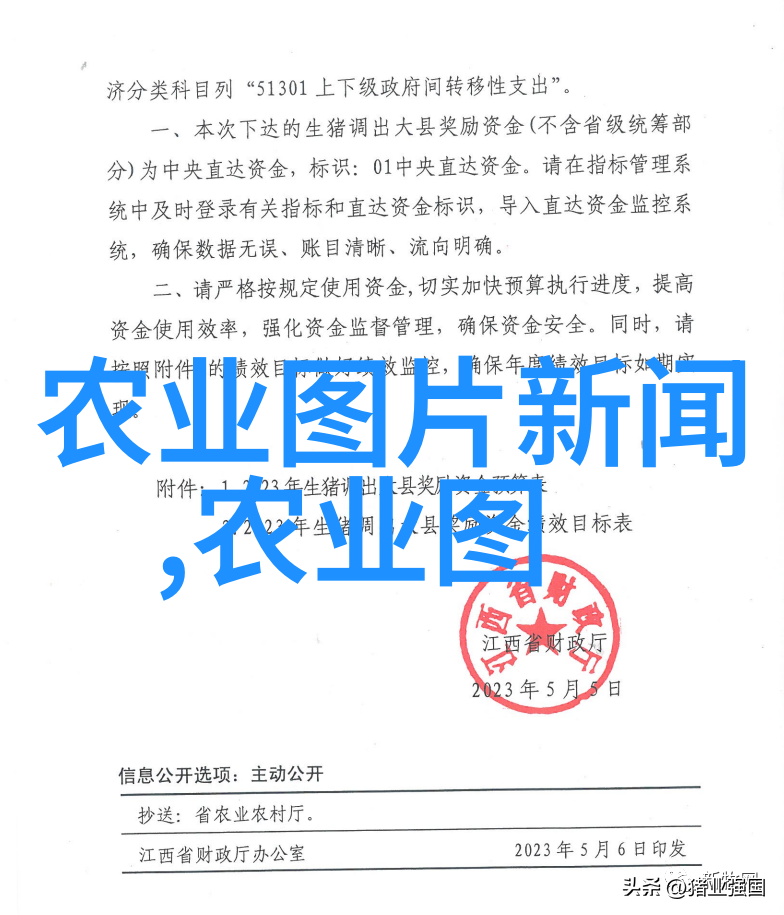探究农业之根五大基本类型及其对现代农业发展的影响
探究农业之根:五大基本类型及其对现代农业发展的影响

介绍
Agriculture, the backbone of human civilization, has evolved over thousands of years to become a complex and diverse industry. Despite its complexity, agriculture can be broadly categorized into five basic types: subsistence farming, commercial farming, mixed farming, plantation agriculture and ranching.

战略规划与战术执行:五种基本类型的定义
Subsistence Farming:This type of farming is focused on producing food for the farmer's family and community. It is often characterized by small-scale operations using traditional techniques and minimal external inputs.

Summary: Subsistence farming emphasizes self-sufficiency in food production.
Commercial Farming:Involves large-scale production of crops or livestock for sale in markets beyond the local community. This type requires significant investment in technology and infrastructure.

Summary: Commercial farming prioritizes profit-making through market-oriented production.
农业多样性与生态平衡

Mixed Farming:Combines different crops or livestock to create a balanced agricultural system that minimizes risks due to weather fluctuations or pests/diseases affecting specific crops.
Summary: Mixed farming promotes ecological balance through crop diversification.
高产效率与资源优化
Plantation Agriculture:Focused on mass-producing a single crop on large tracts of land with high levels of mechanization and specialization.
Summary: Plantation agriculture maximizes efficiency through monoculture practices.
牲畜养殖与土地利用策略
Ranching:Involves breeding cattle or other livestock primarily for meat products rather than dairy products like milk or cheese.
Summary: Ranching highlights the importance of grazing management in land use strategies.
现代农业挑战与机遇
The modern agricultural landscape faces challenges such as climate change, water scarcity and environmental degradation alongside opportunities like technological advancements in precision agriculture and biotechnology innovations enhancing crop resilience.
7 结论 & 推荐行动方案:
To address these challenges effectively while capitalizing on new technologies,
Governments should collaborate with private sector partners to develop sustainable solutions tailored to each basic type,
Encourage research into efficient resource usage methods that promote both productivity gains & environmental stewardship across all five types,
Promote public awareness campaigns educating consumers about responsible consumption habits contributing positively towards sustainable food systems worldwide.
By understanding these fundamental types within modern-day context we can work together towards building an enduring future where our planet thrives along with its inhabitants' well-being ensured by reliable sources – i.e., our own farmlands!



